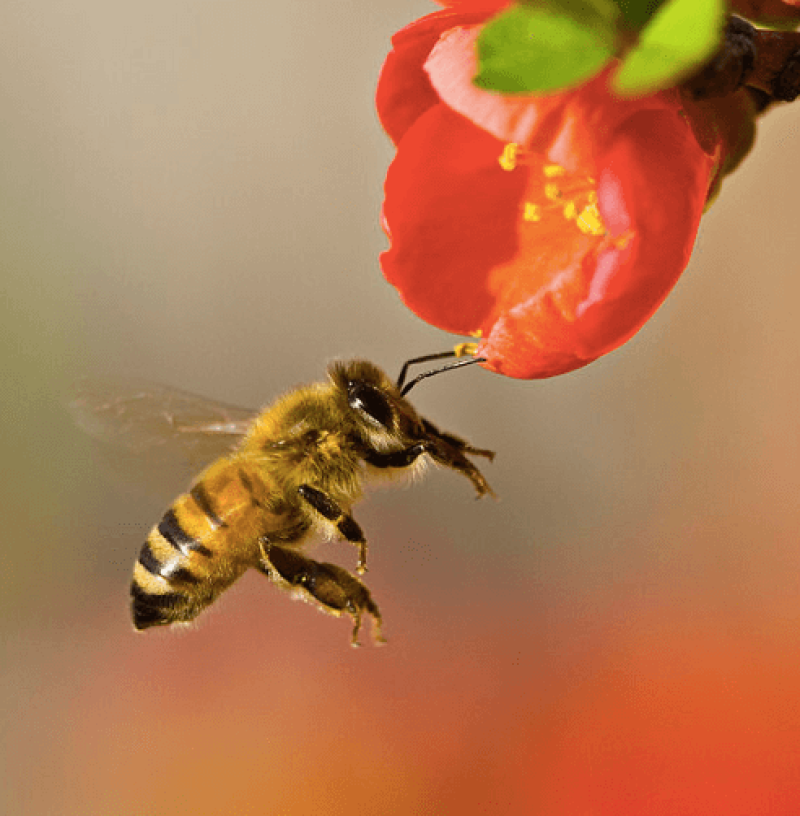About a third of the nation’s honeybees have died each winter over the past decade, and [Jerry] Hayes, an apiary scientist, believes the varroa mite is a major factor in this catastrophe.
. . . .
Hayes came to realize that the same elements that cause people to loathe and fear Monsanto—. . . its resources, its influence . . ., its . . futuristic technologies—presented an opportunity. . . .
. . . .
[T]hat’s Hayes’ conundrum. He wants to talk about mites and . . . the . . . spectrum of other threats to honeybees. Environmentalists mostly want to talk about neonicotinoid pesticides.It’s true, of course, that neonics can harm . . . honeybees. . . . But neonics aren’t the only chemical honeybees contend with. . .
. . . .
There’s also this . . .: While neonic use continues . . . colony collapse disorder [has] not. . . . What kills bees? Pesticides, yes, but also pathogens, poor nutrition, and varroa mites. Especially varroa mites. . . .
. . . .
Hayes used to consider himself an environmentalist. . . . But he quit. “I saw how they were using terms like Monsanto and Bayer as fund-raising mechanisms,” he says. “But if you . . . take a hard look at the . . . data . . . they’re cooking the books . . . to make . . . others look evil. So they can raise money. . .”
The GLP aggregated and excerpted this blog/article to reflect the diversity of news, opinion and analysis. Read full, original post: A Swarm of Controversy in Their Struggle for Survival Against Killer Mites, Bees Get an Unlikely Ally: Monsanto































